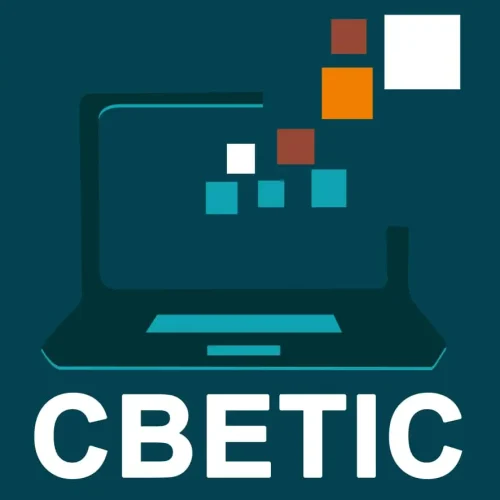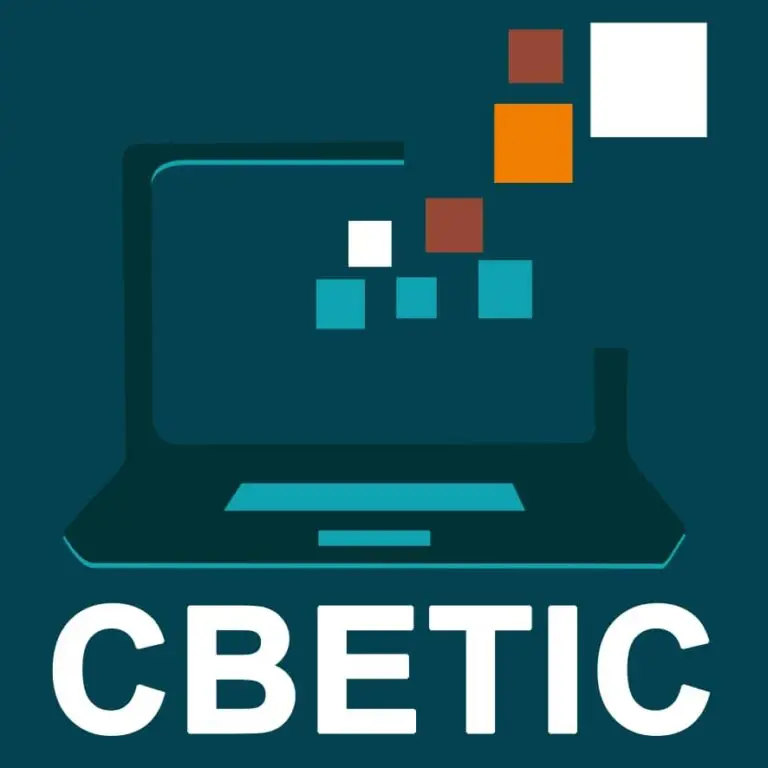The world celebrates World Radio Day every February 13. Under the theme “Radio and Climate Change”, this year broadcasting is considered as an inalienable partner of the global telecommunication regulator, ITU. Mario Maniewicz, Director of ITU’s Radiocommunication Bureau, is confident in the role of broadcasting in the context of climate change. Indeed, for him, broadcasting is a strategic partner in building climate resilience.
In his remarks published by ITU, he said that climate change poses an existential threat to humanity and requires immediate and sustained action by governments, organizations and individuals. Amid the whirlwind, he says, of digital platforms, social media and streaming services, seemingly old-school medium remains uniquely positioned to make a significant impact. This is what we call broadcasting, adds the ITU official.
Highlighting the importance of broadcasting, Mr. Mario Maniewicz said that often overlooked in the discourse on climate action, good old airwaves remain a dynamic and far-reaching tool to raise awareness, promote sustainable practices and amplify diverse voices in the fight against climate change. He points out that radio broadcasts also broadcast effective and widely listened to early warnings of impending disasters.
Recalling the theme of World Broadcasting Day, “Radio and Climate Change”, the ITU Director of Radiocommunication said the day highlights the crucial role of this technology in providing the public with access to essential information on a large scale. For him, this theme underscores how this traditional medium of broadcasting can raise awareness, raise alerts, encourage action and contribute to building environmental and socio-economic resilience around the world.
According to Mr. Mario, radio remains one of the most accessible media in the world. With more than 44,000 radio stations and billions of listeners worldwide, he says, its penetration in rural, urban and remote areas is unparalleled. For him, radio is particularly important in developing countries and underserved regions, where it serves as a gateway to information and education for millions of people. Due to this undeniable reach, radio empowers communities – before, during and after a disaster.
The senior ITU official says climate change disproportionately affects vulnerable populations, including indigenous communities, farmers and women. Yet, he says, these same groups are often excluded from mainstream conversations. He points out that local radio programs are often the first to make these voices heard, sharing their experiences, concerns and solutions. Appreciating this role, Mr. Mario emphasizes that radio must innovate to remain relevant in today’s growing digital world. For him, the challenges of changing times offer opportunities.
Highlighting the role of cooperation in technology and communications, ITU Radiocommunication Director Mario Maniewicz said collaborative efforts between governments, civil society organizations and the private sector can strengthen the role of radio in climate communications, making it a vital force for change. He said that as a specialized agency of the United Nations for nearly 80 years, ITU has been working to level the playing field for developing countries and to make the benefits of advanced communication networks available to all.
It states that, in addition to ensuring equitable access, spectrum management at ITU avoids interference between different radiocommunication services, including broadcasting, telecommunication and satellite telecommunication services. He also informed that ITU also develops and promotes technical standards for broadcasting, including modulation techniques, signal quality and transmission technologies. “Our standards ensure compatibility and interoperability between equipment from different manufacturers and across borders.” Says.
Finally, it notes that ITU has been instrumental in the global transition from analogue to digital broadcasting, introducing standards such as Digital Audio Broadcasting (DAB), Digital Global Radio (DRM) and In-band on-channel (IBOC) technology, all of which improve sound quality, spectral efficiency, content delivery and energy efficiency.
Sources: https://www.itu.int/




